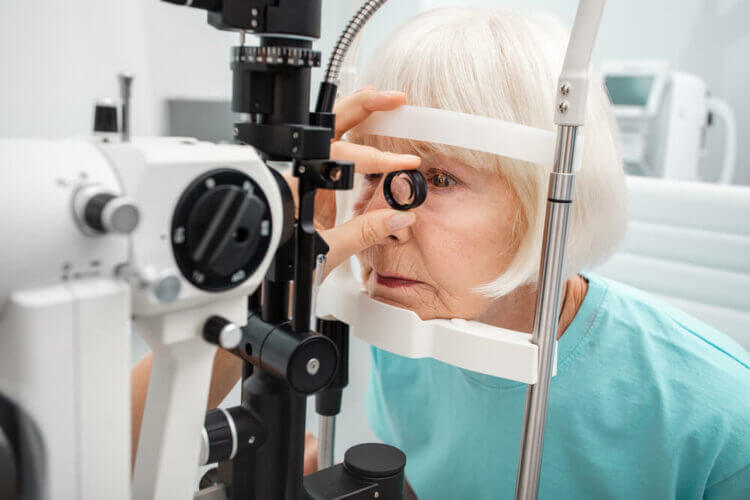
How is glaucoma treated?
The best glaucoma treatment for you will depend on your unique circumstances. During your eye exam, we will observe the progress of the disease and evaluate the health of your eyes. Our recommendation will be based on the results of this testing.
Medicated eye drops are the most common way to treat glaucoma. These medications lower your eye pressure in one of two ways — either by reducing the amount of fluid created in the eye or by helping this fluid flow out of the eye through the drainage angle.
Depending on the extent of the damage, you may require laser surgery or some other type of procedure, such as a trabeculectomy, stent, iridotomy, or cyclophotocoagulation. The general goal of all these devices is to reduce the pressure around the eye by releasing fluids.
MIGS/iStent
Micro-Invasive Glaucoma Surgery (MIGS), a unique procedure aimed at treating glaucoma, has brought an exciting new dimension to treating the disease. The MIGS technique refers to a group of surgical procedures most frequently used among patients undergoing cataract surgery with mild-to-moderate open-angle glaucoma. MIGS offers minimal trauma, high efficacy, and rapid recovery.
iStent may be an ideal solution for someone who has been managing their glaucoma symptoms with medications but is now planning on cataract surgery. People with glaucoma have successfully used iStent throughout the world to control their intraocular pressure. You can help both of these conditions at the same time by taking advantage of this once-in-a-lifetime opportunity during cataract surgery.
How does the iStent work?
With the iStent inject stents, there are two bypasses, or openings, that allows the front part of your eye to drain naturally. The stents will not be visible or felt once they are inserted, but they will help reduce eye pressure.
What is the recovery time for MIGS?
MIGS is minimally invasive, so the recovery time is also minimal. The majority of people respond well to the surgery, and they will see their vision improve right away, although there may be some soreness in the eyes. In most cases, minor discomfort passes within a few days. Please follow all the instructions your eye doctor gives you regarding post-surgery eye care. Infections and other complications can be prevented with proper care.
